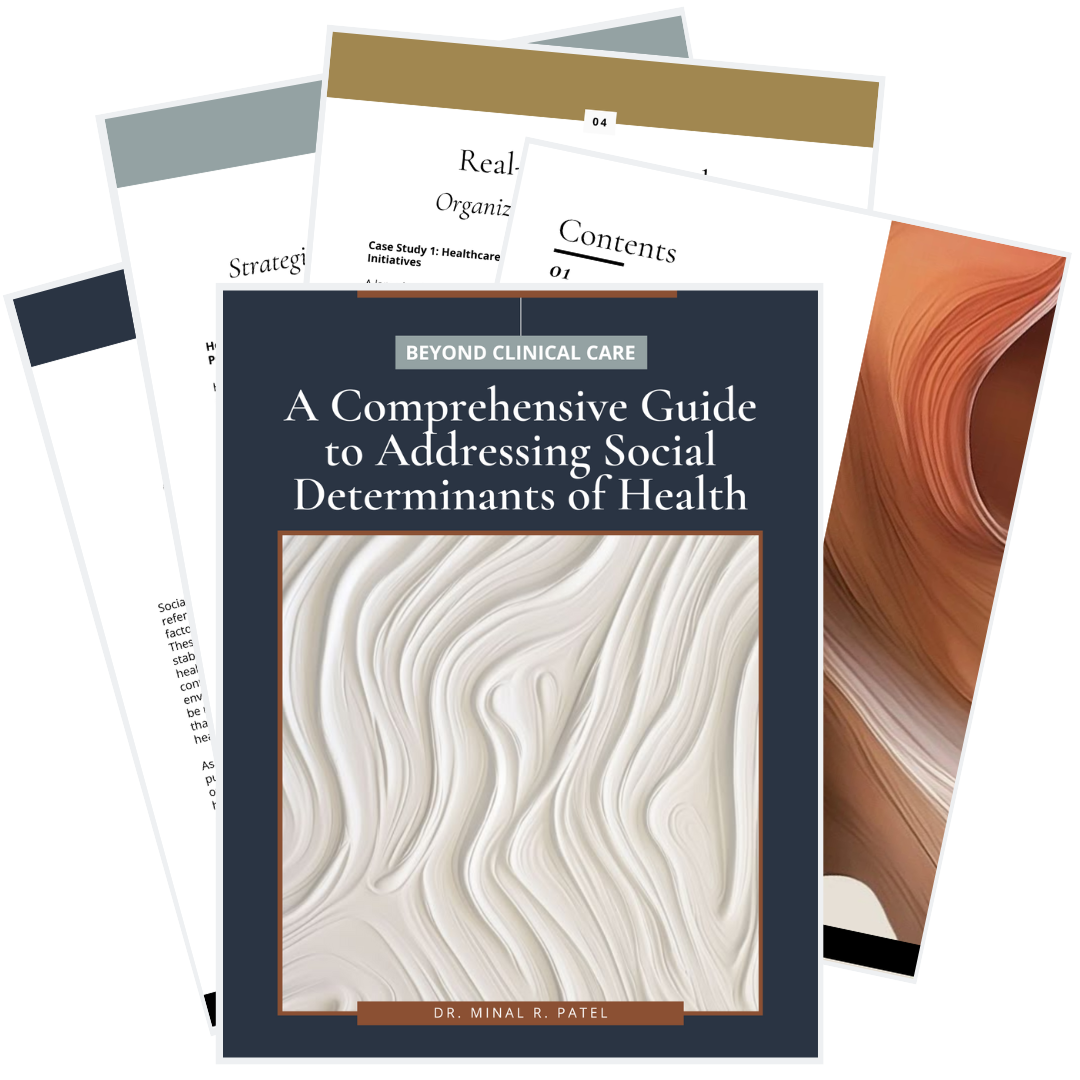
financial toxicity in healthcare
Understanding How Chronic Diseases Impact Financial Control
Chronic diseases like diabetes not only affect health but also financial control. A recent study found that a higher disease burden leads to more negative perceptions of financial security.
Understanding Chronic Disease and Financial Control is essential for reducing the financial strain on patients managing chronic conditions.
The Impact of Chronic Diseases on Financial Control
Chronic diseases are not only a physical burden—they can take a serious toll on a person’s financial health, too. Recent research from the Midlife in the United States (MIDUS) cohort study reveals that the more chronic conditions a person has, the more likely they are to experience negative perceptions of their financial control. The study, which tracked individuals over nearly a decade, sheds light on how living with chronic illness affects everything from everyday financial stability to long-term financial outlook.
Financial Stress and Chronic Illness
According to the study, people with more chronic conditions or who take more medications are more likely to feel that they don’t have enough resources to cover their basic needs. Worse still, they report lower levels of financial control and a more pessimistic outlook on their future financial situation. This connection between health and finance is what researchers are calling “financial toxicity,” and it’s something that affects millions of people living with chronic conditions.
The Need for Financial Support Strategies
The study’s findings emphasize the importance of addressing the financial side of managing chronic illness. Not only do people have to deal with the immediate costs of medical care, but they also carry the weight of future medical expenses in their financial planning. This pressure can influence decision-making, as many may forgo necessary treatments due to costs, ultimately worsening their health and creating a vicious cycle of financial and physical strain.
The article goes on to explore actionable strategies that could help ease the financial burden on individuals managing chronic diseases, including policy changes, healthcare transparency, and new models for cost-sharing in treatment. These efforts could not only improve patient health outcomes but also reduce the long-term systemic costs associated with chronic disease management.
Want to Dive Deeper?
Want to dive deeper into how chronic illness impacts financial control and discover strategies to break the cycle? Click here to read the full article and learn more about this important issue and what can be done to make a difference.
free guide
How can your organization overcome the barriers to better health outcomes?
Explore practical strategies to address the social factors that shape health in your community. This guide offers actionable steps to help organizations create sustainable improvements in health, one intervention at a time.

